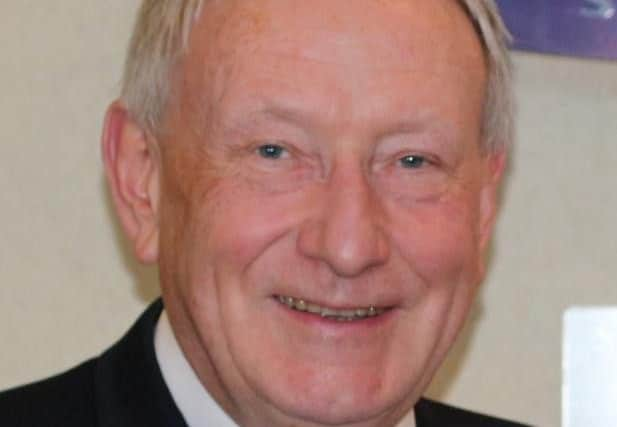NHS paying out for birth injury cases


Families devastated by medical blunders that left children growing up with debilitating health problems such as cerebral palsy are being urged not to give up the fight for compensation.
Some have been left in limbo for years despite daily struggles to cope with growing children with complex needs.
In other cases families may have held off lodging a claim, either because the full extent of their child’s cerebral palsy symptoms have not fully emerged until they hit their teens, or because they have been given misleading advice about how their condition was caused.


Some might not even have realised for years that their child’s cerebral palsy has a direct link to medical negligence.
However, according to John Burman, managing partner and expert medical negligence solicitor at award-winning Yorkshire solicitors Heptonstalls, families who go on to win historic medical negligence cases can receive life-changing compensation that brings peace of mind that their child will be cared for throughout their lives.
“Birth injury cases, especially cerebral palsy cases, are incredibly complex and in many cases require experts in a number of fields to assess the claimant and try to determine the cause of the injury,” he said.
“These cases are far from straightforward given the number of potential reasons why a birth injury might have occurred.
“We go to great lengths to gather as much evidence and as many expert medical opinions as we require to establish a cause.”
The call for families to consider their options comes against a background of soaring medical negligence payouts in England. Over the past decade £1.6bn has been paid, four times more than the previous decade. Payouts rose by 13 per cent last year alone, to £27.7m.
Some of those are linked to historic blunders from decades earlier – almost two thirds of them linked to injuries sustained by either a child or mother during childbirth.
Of the top ten NHS trusts with the highest historic compensation bills, four are in Yorkshire – Bradford Teaching Hospitals, Doncaster and Bassetlaw Hospital, Sheffield Teaching Hospitals and Leeds Teaching Hospitals.
Another, United Lincolnshire Hospitals, is also likely to have treated Yorkshire families.
NHS Resolution, which handles negligence claims on behalf of English hospitals, recently indicated that it is still receiving fresh claims for compensation that refer to incidents which happened decades earlier.
Mr Burman added: “I understand a number of trusts within our region are amongst the highest for historical settlement bills.
“That could be because there is more awareness now than there ever was with regards to making a claim. We are seeing people come forward that may have been harbouring questions and doubts for many years and they now feel they have the pathway to have questions answered and access to justice.”
Over the course of the past five years, Bradford Teaching Hospitals alone have paid out more than £8m in compensation for historic medical negligence cases, closely followed by Doncaster and Bassetlaw Hospitals.
But while settlement figures can stretch to millions – prompting criticism from certain quarters over the level of expense for a ‘national treasure’ such as the NHS – Mr Burman points out that the compensation makes a lifelong difference to cerebral palsy patients and their families.
“On the face of it the settlement figures do appear to be high but it is in absolutely no way a windfall.
“When you consider that, in the instance of a cerebral palsy case for example, the claimant will require a lifetime of care, specialist therapies and equipment, adjustments to their home and that a parent or guardian often gives up work to be the primary care giver, the settlement figure quickly becomes more understandable.”
He has called for families caring for a child with cerebral palsy to get in touch to discuss whether they may be entitled to compensation.
“Clearly there have been improvements since these mistakes were made, however, I would appeal to anyone who has any doubts as to the level of treatment they received, to seek professional legal advice and find out what course of action they are able to take.”
To find out more about a potential medical negligence claim linked to cerebral palsy – or any other medical-related injury – click here.